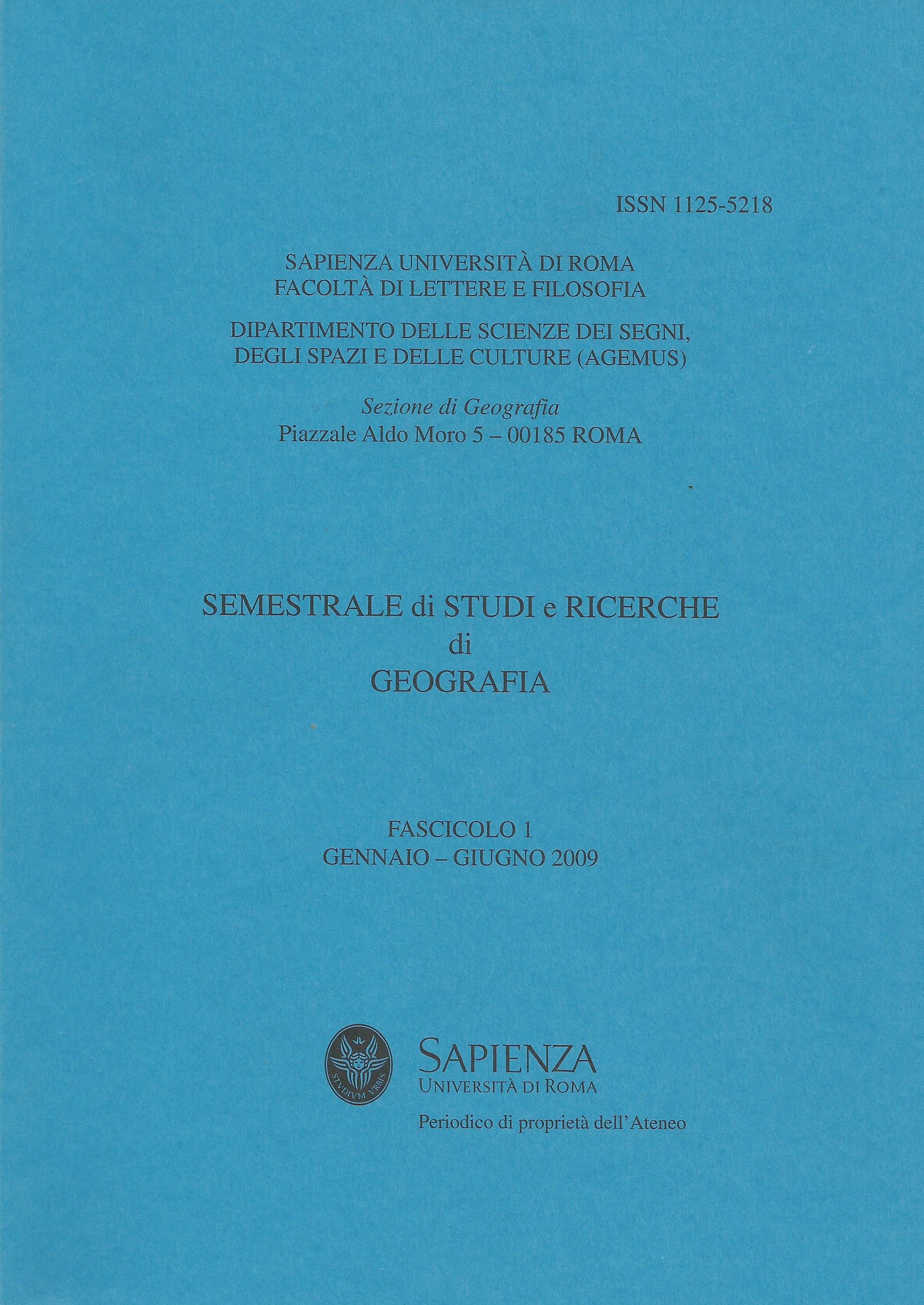La geografia culturale di Francesco Algarotti
DOI:
https://doi.org/10.13133/1125-5218.15280Abstract
The Venetian man of letters Francesco Algarotti (1712-1764) had an
academic and cosmopolitan education, refined in Paris and in London,
as well as at the courts of Friedrich II of Prussia and August III of
Poland. What emerges from Algarotti’s works is a suggestive cultural
geography: the Andin America, which according to him indirectly reflected
European politics; China, which he admired yet never mythicizes;
Africa, yet to be exploited for its geographic position and resources; and the Southern countries. And then Europe: England, the “true emporium and core of the world”; Italy, the “country of antiques” which he hoped would thrive in a deep cultural renovation; France, a “great united nation” in comparison to which Italians were “servants and divided”; Prussia, split between militarism and reformation; the economically flourishing Holland; Sweden, devoted to manufacturing and sea trade thanks to its constitutional government; Poland, incapable of self-governing and therefore land of invasions; all the way to Russia and its indisputable role in Europe. In fact, Algarotti visited the court of St. Petersburg in 1739 after a diplomatic mission to England, gathering his impressions in the volume Giornale del Viaggio da Londra a Petersbourg, a journal revised twenty years later in Viaggi di Russia, his most appreciated work.
Le lettré vénitien Francesco Algarotti (1712-64) eut une formation
académique et cosmopolite affinée à Paris et à Londres et au service
des cours de Frédéric II de Prusse et d’Auguste III de Pologne. Des
oeuvres d’Algarotti ressort une géographie culturelle évocatrice: L’Amérique
andine où il voit indirectement des aspects de la politique européenne,
la Chine admirée mais sans mythifications, l’Afrique à exploiter
pour sa position géographique et ses ressources, les Terres Australes.
Et puis l’Europe: l’Angleterre, “véritable marché et centre du monde”,
l’Italie “pays des antiquités” pour laquelle il souhaitait un profond renouvellement culturel, la France “nation grande et unie” face a laquelle
les Italiens sont “soumis et divisés”, la Prusse partagée entre militarisme
et réformes, la prospérité économique de la Hollande, la Suède vouée
aux manufactures et au commerce maritime grâce à son gouvernement
constitutionnel, la Pologne incapable de se gouverner d’elle même et
donc terre de conquête, pour terminer avec la Russie et son controversé
nouveau rôle en Europe. Algarotti put en effet visiter la cours de
Saint-Pétersbourg en 1739, à la suite d’une mission de représentants anglais: le vénitien recueillit ses impressions dans le Giornale del Viaggio
da Londra a Petersbourg, un journal de voyage remanié vingts ans
après dans les Viaggi di Russia, son livre le plus apprécié.
##submission.downloads##
Fascicolo
Sezione
Licenza
Gli autori che pubblicano su questa rivista accettano le seguenti condizioni:- Gli autori mantengono i diritti sulla loro opera e cedono alla rivista il diritto di prima pubblicazione dell'opera, contemporaneamente licenziata sotto una Licenza Creative Commons - Attribuzione che permette ad altri di condividere l'opera indicando la paternità intellettuale e la prima pubblicazione su questa rivista.
- Gli autori possono aderire ad altri accordi di licenza non esclusiva per la distribuzione della versione dell'opera pubblicata (es. depositarla in un archivio istituzionale o pubblicarla in una monografia), a patto di indicare che la prima pubblicazione è avvenuta su questa rivista.
- Gli autori possono diffondere la loro opera online (es. in repository istituzionali o nel loro sito web) prima e durante il processo di submission, poiché può portare a scambi produttivi e aumentare le citazioni dell'opera pubblicata (Vedi The Effect of Open Access).


